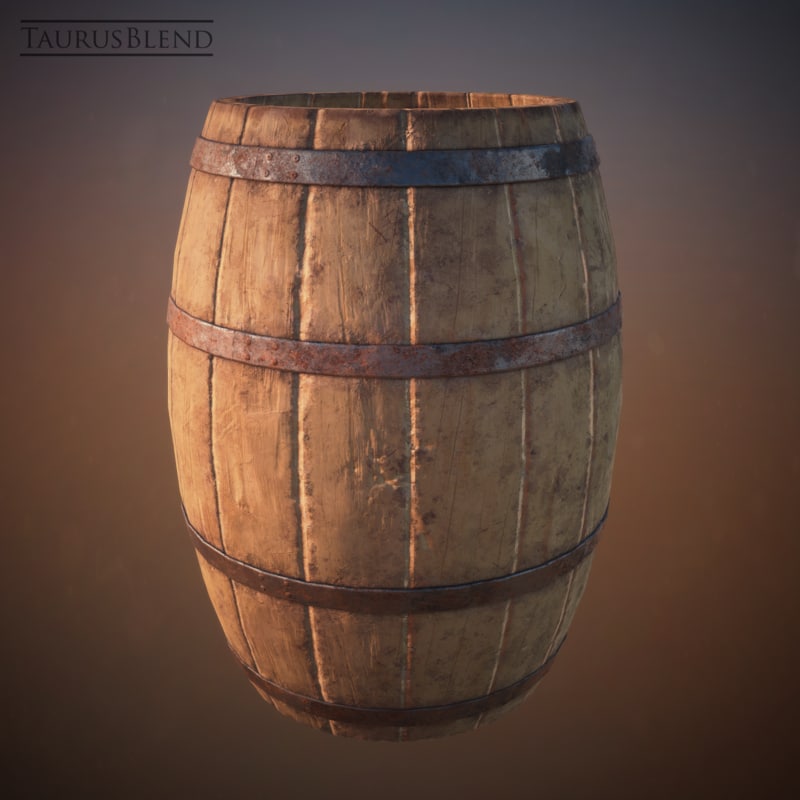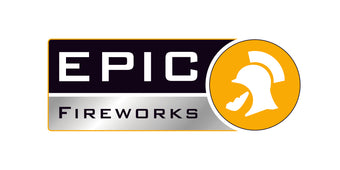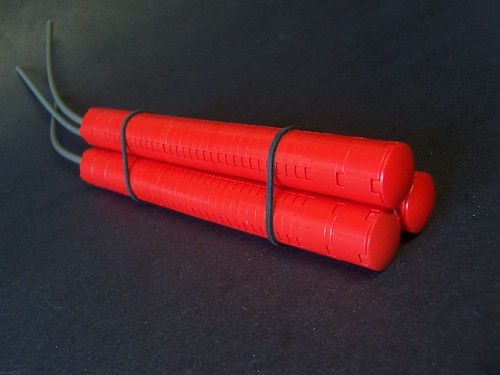
GUNPOWDER
We all know that fireworks contain gunpowder but what else can it be used for?
Gunpowder was accidentally discovered in China by a Monk over 2000 years ago. It was originally packed into bamboo canes, which when lit released a noisy crack which in turn was thought to away the bad spirits that surrounded them.
Years later its potential was realised and very soon weapons of all kinds were designed from cannons to muskets, grenades to rockets. It wasn’t until the battle of Mohl in 1241 when Europeans first witnessed its explosive power. Just imagine seeing this magical powder for the first time; it must have been absolutely terrifying and perceived at the time as the work of the Devil. The Mongols had now been using gunpowder for some time for blowing up fortifications, firing exploding rockets into castles and of course cannons, the first ever recorded use of a cannon happened at this battle.
Skipping forward to the 14th Century records show the first instance of gunpowder being manufactured in England. Obviously it was a closely guarded secret at the time, so needed to be kept in a secure location. The Tower of London became the English Crown’s primary factory of gunpowder with a number of other castles later being hastily provisioned to allow stocks of the powder to be made and stored, mainly for cannon and musket use.
Nowadays, although there are many more powerful explosives available, black powder is still used in some quarries as high explosives detonate with a supersonic wave, when all the mass explodes together it is known as detonation, where as black powder deflagrates (burns much slower) therefore does not smash up the rocks into small pieces making gunpowder preferable due to bigger rocks selling at a higher cost.
During the Napoleonic Wars (1803 – 1815) it was commonplace for the soldiers to eat salted horse meat. When the salt ran, out gunpowder was used to cure meats as it contains various salts - what it tasted like was a different matter but better than starvation.
Imagine the scene ….. you are a sailor on board a ship and have recently been in one or two skirmishes and have an injury which appears to be ‘going’t wrong way (as we say in Yorkshire) as a result of which, the ship’s surgeon tells you he will be amputating your leg but has ran out of alcohol but he proclaims that it will be fine as he can use gunpowder as an antiseptic instead - job done. The sailor might just have managed to sneak a small amount away for later use but what would he use it for? The next day he could be sporting a Jolly Roger tattoo as they would use pins to mark out the design, then rub black powder into the open wound to permanently colour the marks black.
If the sailor at their next port of call picked up a barrel of brandy or run and he overindulged a little, he might just sprinkle a little gunpowder into his drink to cure his hangover.
In 1673, Christiaan Huygens, a noted mathematician, built the World’s first internal combustion engine which was powered by gunpowder not very successfully, as it kept clogging up the exhaust vents with the sooty deposits. Unfortunately, to date, nobody has managed to successfully build an engine powdered by gunpowder, unless you know better.
Today, gunpowder (or black powder) has been used in the following guises:
- FIREARMS – in bullets and cartridges
- SPECIAL EFFECTS IN FILMS – explosions
- EXPLOSIVES – for quarrying
- FIREWORKS – across the board
- FUSING FOR FIREWORKS AND EXPLOSIVES – quick match etc to enable professionals to fire a number of pieces at the same time without the delay
- MEDICINE – as both an anaesthetic and as a hangover cure
- FARMING – farmers use small amounts of explosives to rid their fields of stumps
It just goes to show, from the humble beginnings of an accidental discovery to curing ails and meats and of course winning wars, gunpowder is a truly wonderful thing.

